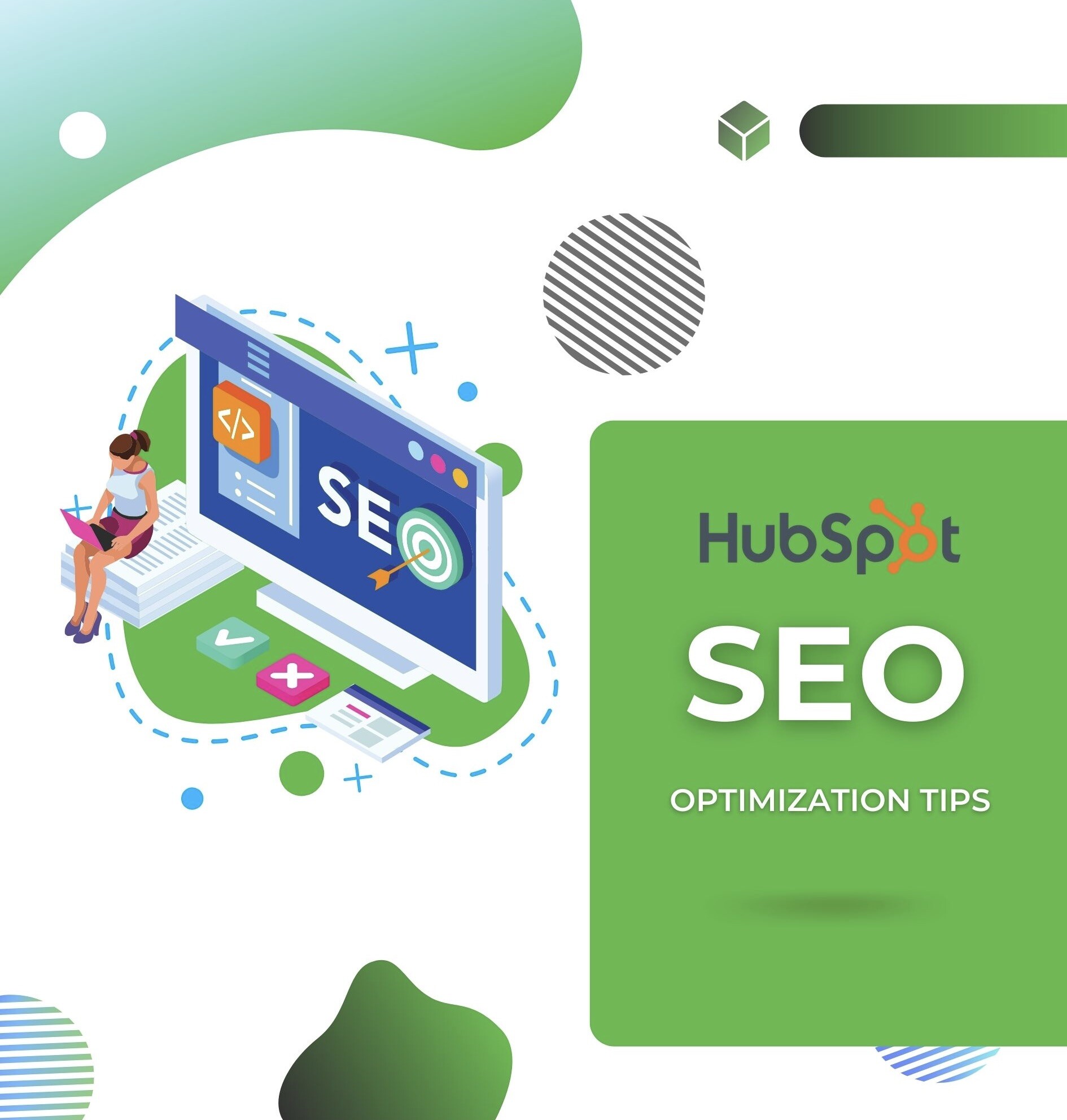
In 2025, the digital landscape of SEO is becoming more competitive and dynamic making it essential for businesses and content creators to adapt their SEO strategies. Search engine optimization (SEO) plays a crucial role in ensuring that your website is visible to your target audience. Whether you're running a blog, an e-commerce site, or a corporate webpage, employing effective SEO techniques will not only help you rank higher on search engine results pages (SERPs) but also attract more organic traffic. In this blog, we'll explore the best practices and tips to maximize your website's SEO in 2025.
Understanding the SEO Trends of 2025
Before diving into actionable tips, it's important to acknowledge the current trends shaping SEO in 2025. Some key aspects include:
-
AI and Machine Learning: Search engines are increasingly employing AI to understand user intent better and deliver highly relevant results. This means that content quality, relevance, and user experience are crucial.
-
Voice Search Optimization: With voice-activated devices becoming more prevalent, optimizing your content for voice search is essential. This often involves focusing on natural language and question-based keywords.
-
Mobile-First Indexing: Google continues to prioritize mobile-friendly websites in its rankings. Ensuring your site is responsive and provides a seamless experience across devices is vital.
-
E-A-T (Expertise, Authoritativeness, Trustworthiness): Websites that demonstrate authority and trust are favored by search engines. Regularly updating your content and acquiring backlinks from reputable sites can enhance your site’s E-A-T.
-
Core Web Vitals: Page experience factors like loading speed, interactivity, and visual stability remain critical for SEO. Google has made it clear that a positive user experience will greatly impact rankings. Core Web Vitals, which include metrics like loading speed, interactivity, and visual stability, are essential for providing a good user experience.
.png?width=1447&height=1000&name=Untitled%20design%20(5).png)
Tips for Maximizing Your Website’s SEO in 2025
Focus on Quality Content
Content is still the main priority in the realm of SEO. Create high-quality, relevant, and original content that addresses the needs of your audience. Here are some tips on content creation:
• Research Topics: Use tools like Google Trends or Answer The Public to identify trending topics in your niche.
• Maintain Depth and Breadth: Aim for comprehensive posts that cover a topic in detail while maintaining readability.
• Update Regularly: Regularly refresh your existing content to keep it relevant and improve freshness signals to search engines.
Optimize for Voice Search
As voice search continues to rise, ensure your content is accessible for users who ask questions verbally. Here’s how to optimize:
• Use Conversational Language: Structure your content as if you’re answering spoken questions.
• Incorporate Long-Tail Keywords: These tend to mimic natural speech patterns, making them a stronger candidate for voice search queries.
Enhance Mobile Usability
- Responsive Design: Make sure your site adapts to various screen sizes.
- Fast Loading Times: Minimize image sizes, leverage caching, and use a Content Delivery Network (CDN) to speed up load times.
Leverage Technical SEO
The technical foundation of your site can significantly impact its SEO performance. Focus on:
- Structured Data: Implement schema markup to help search engines understand your content context.
- XML Sitemaps: Ensure search engines can locate and index your pages effectively.
- Robots.txt: Optimize this file to guide search engines on which pages to crawl.
Build a Strong Backlink Profile
Acquiring quality backlinks remains a significant factor for SEO success. Here’s how to build them:
- Guest Posting: Contribute valuable articles to reputable blogs in your industry.
- Create Link-Worthy Content: Infographics and in-depth guides often attract backlinks naturally.
- Network and Collaborate: Connect with industry leaders and influencers to boost your visibility
Monitor Your Analytics
Understanding your performance is crucial for ongoing improvement:
- Use Google Analytics and Search Console: Track your site’s traffic, bounce rates, and keyword performance.
- Adjust Strategies Based on Data: Analyze which pages perform well and which don’t, and adjust your content and SEO strategies accordingly.
Embrace Local SEO
For businesses targeting local customers, optimizing for local SEO is essential:
- Google My Business: Ensure your business is listed accurately and updated.
- Local Keywords: Use location-based keywords and content to attract nearby customers.
Conclusion
As we navigate the complexities of 2025's SEO landscape, staying informed and adaptable is key. By focusing on quality content, mobile usability, voice search optimization, and building authoritative backlinks, you can greatly enhance your website’s visibility and traffic. Remember, SEO is not a one-time effort but an ongoing process. Regularly review your strategies, keep up with the ongoing industry trends, and you’ll be well on your way to dominating search rankings and attracting more traffic to your website.
Related Post
Top 5 websites mistakes that are hurting your Business Growth and how to fix them
Online website is more than just an online storefront, it is a key tool to help your business grow. But even a good-looking website can cause problems if certain issues aren’t fixed.
SEO Tips on Optimize Your HubSpot Website
SEO (Search Engine Optimization) is essential for improving your website's visibility in search engine results, making it more likely that people will find your site when they search for relevant topics. By optimizing your website content and...
Optimizing Page Speed in HubSpot CMS in 2025
What is Page Speed?







